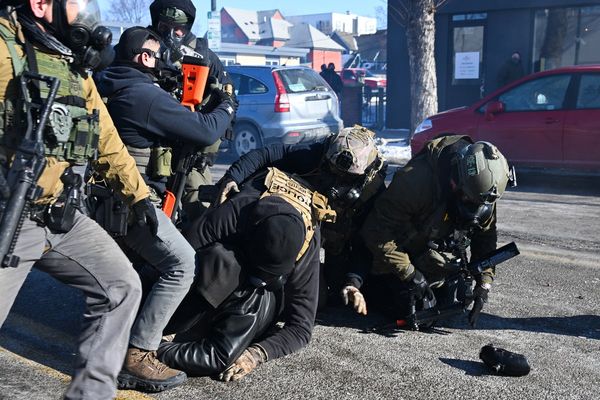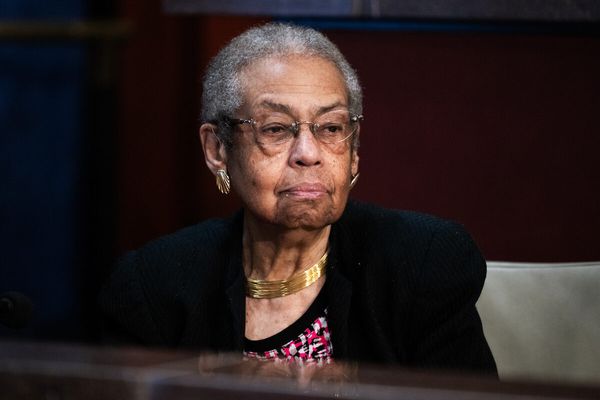England's deputy chief medical officer, Thomas Waite, has listed some of the tell-tale signs of heat exhaustion and what can be done to treat the condition. Dr Waite told GMB: “That combination of fluid loss through sweating and through that hard work through your heart pumping, getting more blood to your skin can lead to a range of symptoms, so you can get sweaty, really quite excessive sweating, cramps, nausea and vomiting and dizziness.
“That’s a set of symptoms called heat exhaustion that’s really quite easily treated.
“If you see somebody who’s experiencing those symptoms, get them into the cool, get them into the shade, give them some fluid to rehydrate, it can be water, it can be sports drinks or rehydration fluids, and most people will make a good recovery in about 30 minutes or so.”
Dr Waite said most healthy people will not run into difficulty during the heatwave. Dr Waite was asked about comments made by chief executive of the College of Paramedics Tracy Nicholls about the country not being prepared for the high temperatures in contrast to the message from Deputy Prime Minister Dominic Raab that Britons should “enjoy the sunshine”.
Speaking on GMB, Dr Waite said: “Most people who are in good health won’t run into difficulty if they’re taking precautions, that they’re keeping hydrated and they’re keeping cool.
“Some people, particularly older people, or those who have existing cardiovascular illnesses and also very young children and babies are less able to regulate their heat.
“So this couple of days, looking out for one another is a really helpful thing to do and making sure that in the longer term that we think about how we prepare for these kind of summers.”
Dr Waite said there was “no single answer” to the question of an appropriate temperature for a working environment.
Dr Waite said it was more important for people to “adapt their behaviour” to hotter weather, for example by taking more breaks and keeping hydrated.
“From a medical perspective there is no one single answer to that. What is more important is people are able to adapt their behaviour when it’s hotter or indeed when it’s cooler,” he told GMB.
“That can involve taking more breaks, making sure you’ve got plenty of access to water and and shade for people who are working in outdoor environments.”
Dr Waite said “headteachers know their building best” when asked if the Government supported schools closing down during the heatwave.
Dr Waite told GMB there was no “one size fits all” for schools and that some would be easier to keep cooler than others.
The deputy chief medical officer for England added that some children may be able to stay cooler by getting “out and about” and staying well-hydrated.
“Headteachers know their buildings best and obviously some buildings are easier to keep cool than others. And for many children actually it might be cooler and easier to get out and keep yourself sort of well hydrated and in the fresh air,” he said.
“If you’re going to school, there isn’t really a one size fits all as there isn’t for any building. We’re very grateful to the headteachers and headmaster you have on this programme earlier on for the steps they’re taking to keep children safe.”







